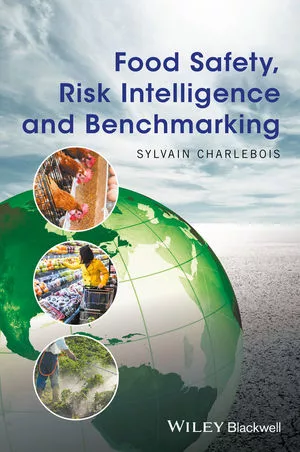EFSA Seeks Public Comment on Food Safety Risk of Petroleum-Derived Chemicals

Credit: cottonbro studio via Pexels
The European Food Safety Authority (EFSA) has published a draft scientific opinion that updates the risk assessment of mineral oil hydrocarbons (MOH) in food. The agency is inviting stakeholders to provide their input on the draft.
MOH comprise a wide range of chemical compounds obtained mainly from petroleum distillation and refining. They are categorized into two main groups: mineral oil saturated hydrocarbons (MOSH) and mineral oil aromatic hydrocarbons (MOAH). EFSA provisionally concluded that MOSH do not pose a health concern, however, some MOAH substances may potentially be harmful to human health.
Regarding MOSH, adverse effects on the liver were observed in a specific strain of rat, but the evidence suggests that these effects are not relevant for humans. Experts also looked at two different types of MOAH, concluding one may contain genotoxic substances that can damage DNA in cells and could be carcinogenic. It is not possible to establish a safe level for genotoxins identified in the MOAH substance.
Because little information is available on the occurrence of MOAH in food, EFSA also developed two different predictive scenarios, both of which indicated a possible health concern using a margin of exposure (MOE) approach. EFSA found that MOH can enter food in many ways—through environmental contamination, the use of lubricants for machinery, release agents, processing aids, food or feed additives, and migration into food from food contact materials.
The substances have been found in a variety of foods, which typically contain higher levels of MOSH than MOAH. The highest levels of MOH were found in vegetable oils, and the highest exposure was estimated for young people, especially infants who have been fed exclusively with infant formula containing high levels of MOSH.
Experts recommend that more research is done to quantify the presence of MOAH in food and that toxicity data are collected to better assess the associated risks. For MOSH, EFSA states that it is important to keep studying the possible long-term effects on human health.
Stakeholders can submit their comments until April 30, 2023. Once finalized, EFSA’s scientific opinion will help inform the European Commission and EU Member States when considering risk management action.
Looking for quick answers on food safety topics?
Try Ask FSM, our new smart AI search tool.
Ask FSM →








